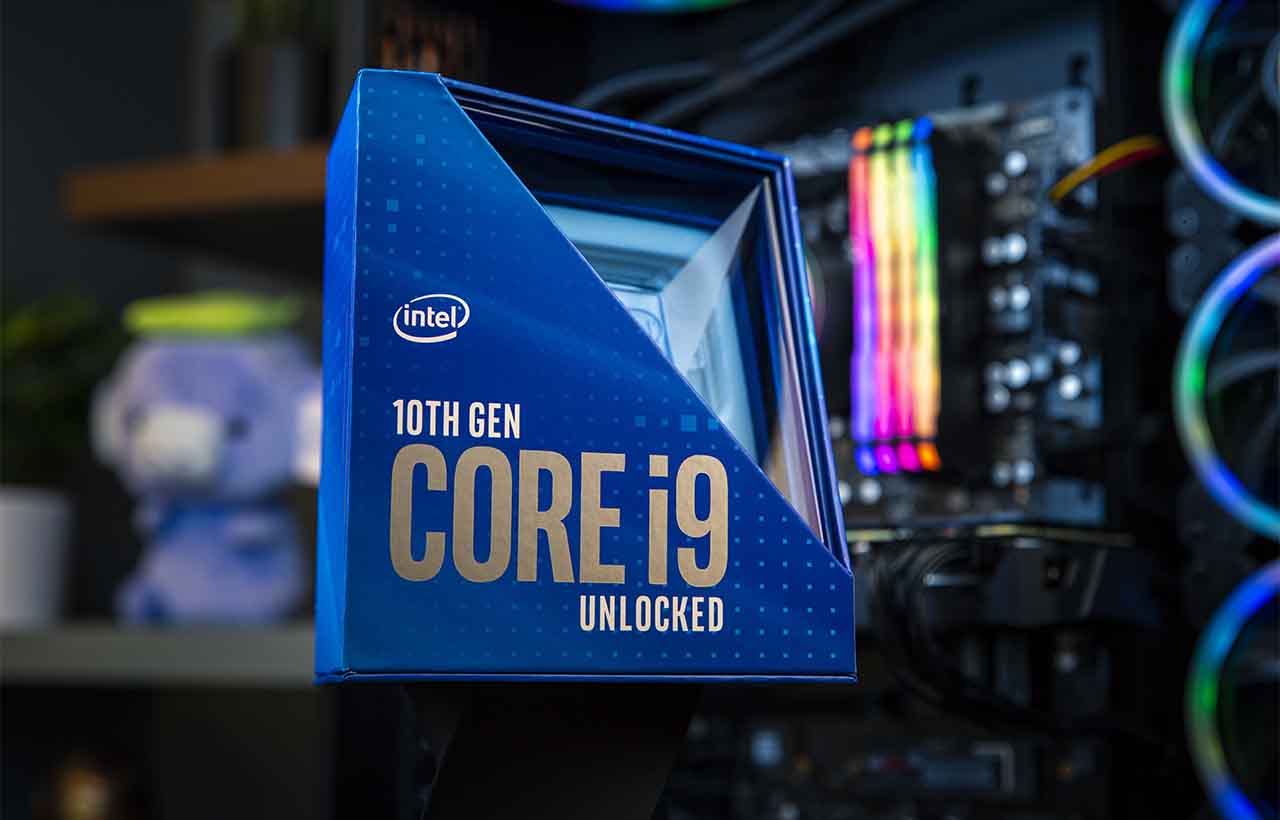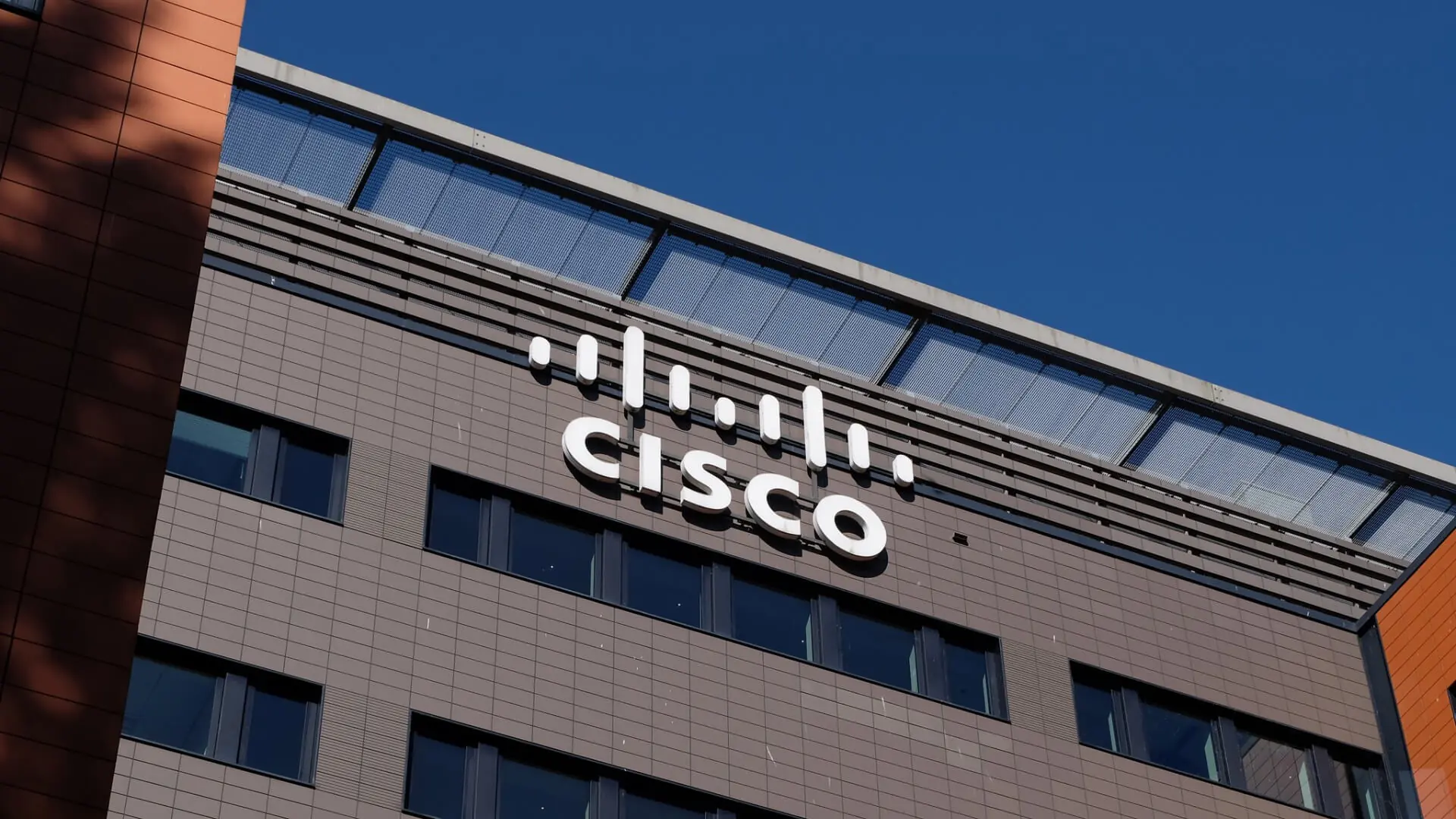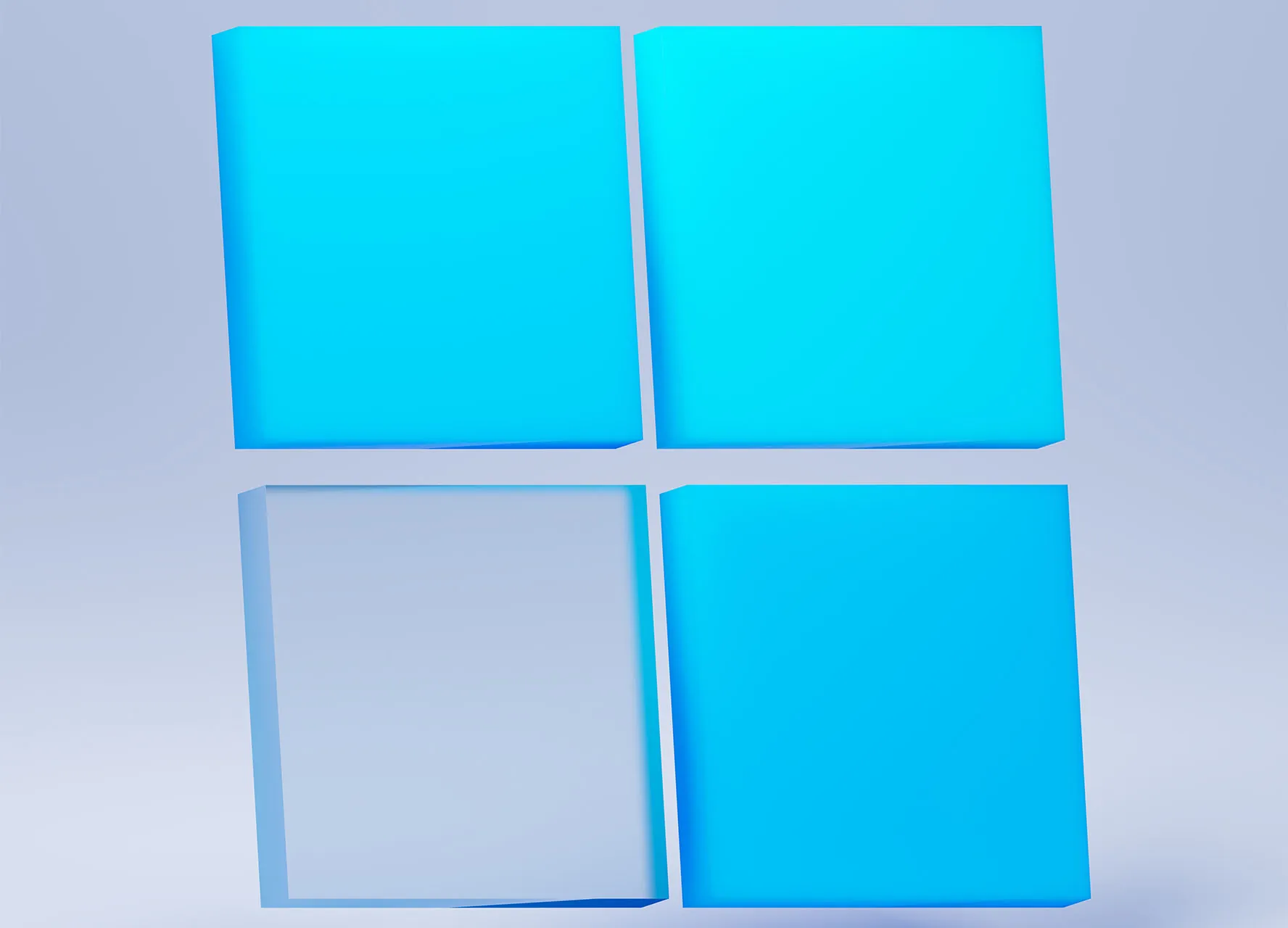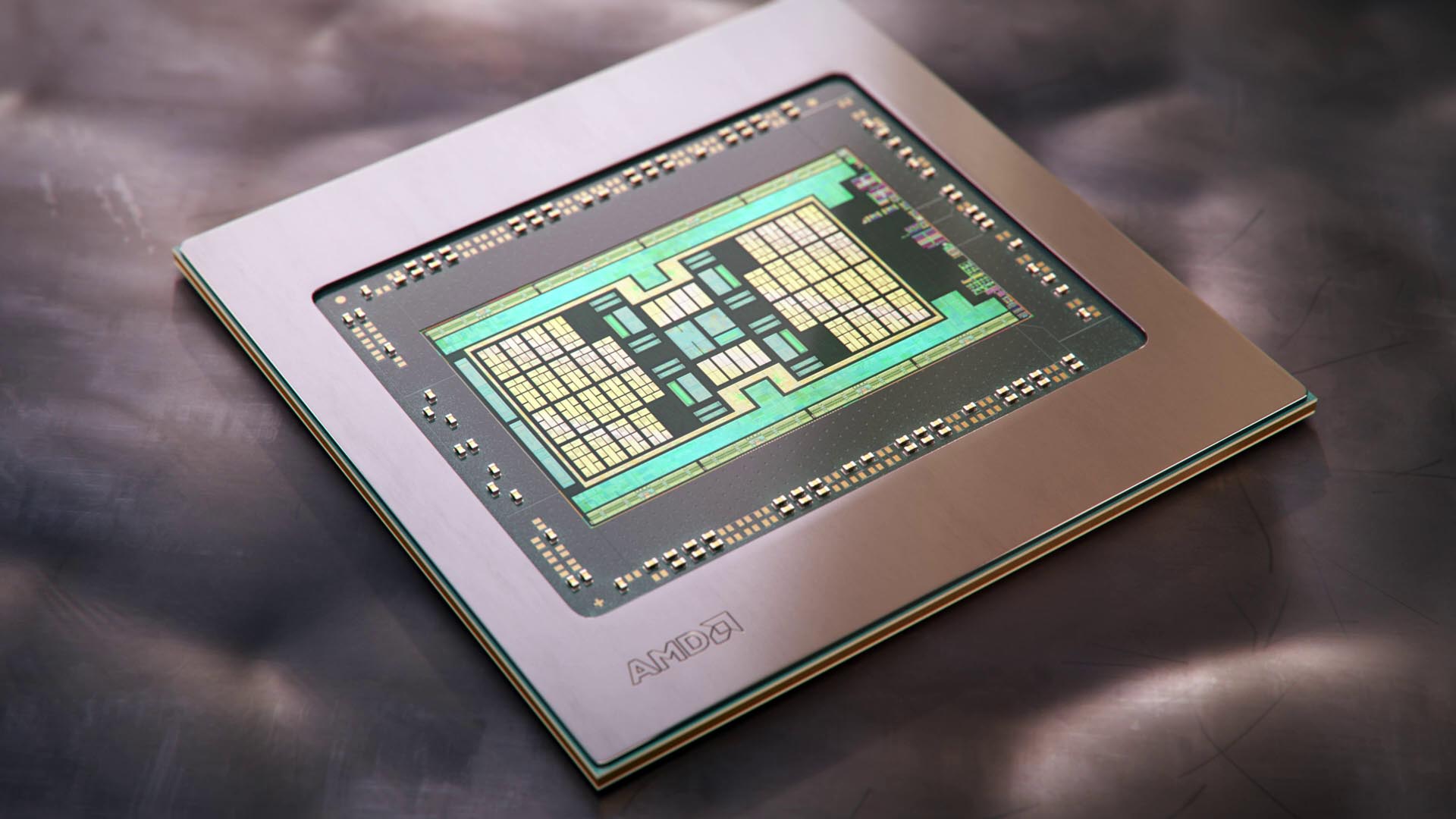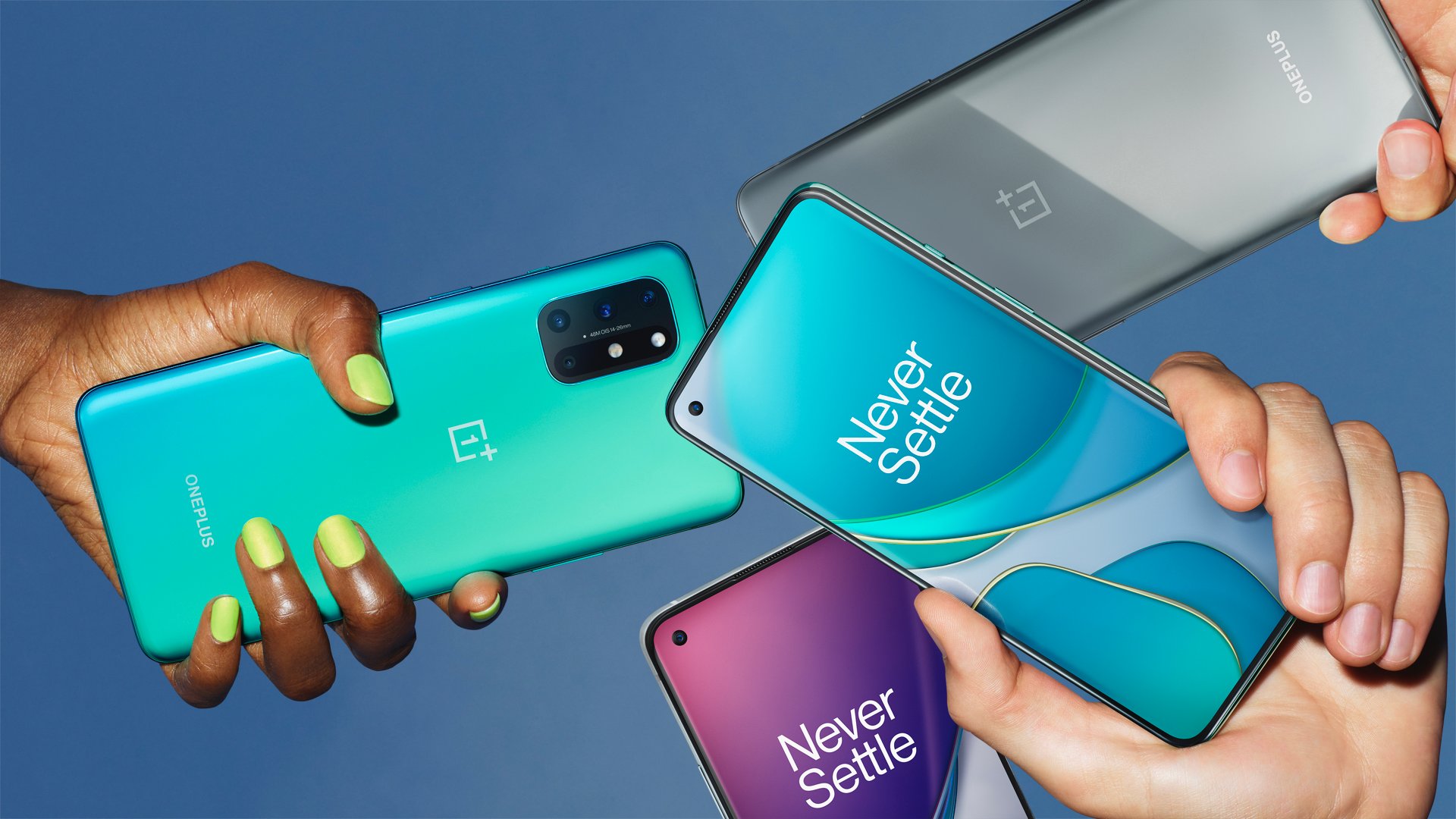The 10th gen Intel processor is here. Intel has finally officially announced the 10th generation processors code-named Comet Lake-S. The CPUs are still based on 14nm technology which was introduced back in 2015 in Skylake processors. This is expected to be the last generation which is based on the 14nm technology.
As usual, Intel has introduced a new chipset named Z490 along with the new CPUs. But the new Z490 motherboard will feature a new LGA 1200 socket. That means only 10th gen and future CPUs will support the Z490 motherboard. And it also means you can’t put the new CPUs in older motherboards like Z390. But this new socket has solved many old BIOS issues.
At the top of the line, Intel is offering Core i9-10900K CPU, a 10 core and 20 thread processor. It has iGPU in build and it also fully unlocked SKU. While i9-10900KF is the same as i9-10900K but without iGPU. There are two other unlocked SKUs in the i9 series which are i9-10900 and i9-10900F.
Specification of i9-10900K
First, let’s talk about the elephant in the room in the room, the i9 10900K. It is the fastest and greatest offering from Intel in the mainstream CPU market. It based on the 14++nm technology and has 10 cores and 20 threads. It has 20MB of cache and 125W of TDP. Although you may able to see TDP higher than that because of Intel’s method of calculating TDP.
Now lets come to the most exciting as well as the most confusing part of i9-10900K which is the speed of the CPU. The Intel i9-10900K has a base frequency of 3.7 GHz and boost frequency of 5.1 GHz. But by using the Intel’s Turbo Boost Max 3.0 technology, the chip can boost up to 5.2 GHz on a single-core. It can even boost up to 5.3 GHz on single-core using Intel Thermal Velocity Boost Turbo technology. It has an all-core boost of 4.8 GHz and by using Intel Thermal Velocity Boost Turbo technology all-core boost is 4.9GHz.
Now yes 5.3 GHz sounds fantastic but it is not easy to get. The top 5.3 GHz speed will only be seen at temperatures below 70C as part of Thermal Velocity Boost. But keeping the Intek i9-10900K under 70C is not an easy job. Although Intel says it is a 125W TDP chip but Intel states that the turbo power recommendation is 250 W. Even some Motherboard manufacturer have prepared their board for 320-350W based on their own chip. So to cool it you will need some serious cooling solution. You should consider a high-end AIO liquid cooler or a closed-loop setup. But still, all that beefy cooling system will not able to maintain the temperature below 70 degrees for long, so you should expect short bursts until the threshold is hit.
Now Intel i9-10900K specification sounds really good until we compare it with competitor’s highest mainstream offering which Ryzen 9 3950X, a 16 core and 32 thread processor. Although price-wise it comparable to AMD’s Ryzen 9 3900X which 12 core and 24thread processor. Not only the Ryzen has two extra core it also based on 7nm technology which better temperature and power consumption. So it will be an interesting comparison to see in the future. And as for the pricing, the 10900K and 10900KF are coming in around $490 and $470.
10th Gen Intel i7
Yes with all that high end features i9 series is interesting but the i7 series caught our eyes more than anything. Here two big interesting SKUs are Core i7-10700K and 10700KF. There are actually last-gen core i9-9900K at a lower price. It is an 8 core and 16 thread processor with all-core turbos up to 4.7 GHz, and a max clock speed of 5.1 GHz. One thing to note Thermal Velocity Boost or TVB is missing in the i7 series.
The Intel i7-10700K and 10700KF will be a direct competitor of AMD’s Ryzen 7 3800X which is 8 cores and 16 threads processor having a base clock of 3.9 GHz and a boost clock of 4.5 GHz. Ryzen 7 3800X is built on 7nm FinFET technology, so it will provide lower heat and better power consumption over the Intel counterpart. While Intel ones have a better boost clock than the AMD one, so you may expect it to perform better than AMD. But as AMD SKUs are built on the newer architecture it has better IPC or Instruction Per Clock over the Intel Ones. And IPC will be a deciding facture who will win the battle.

